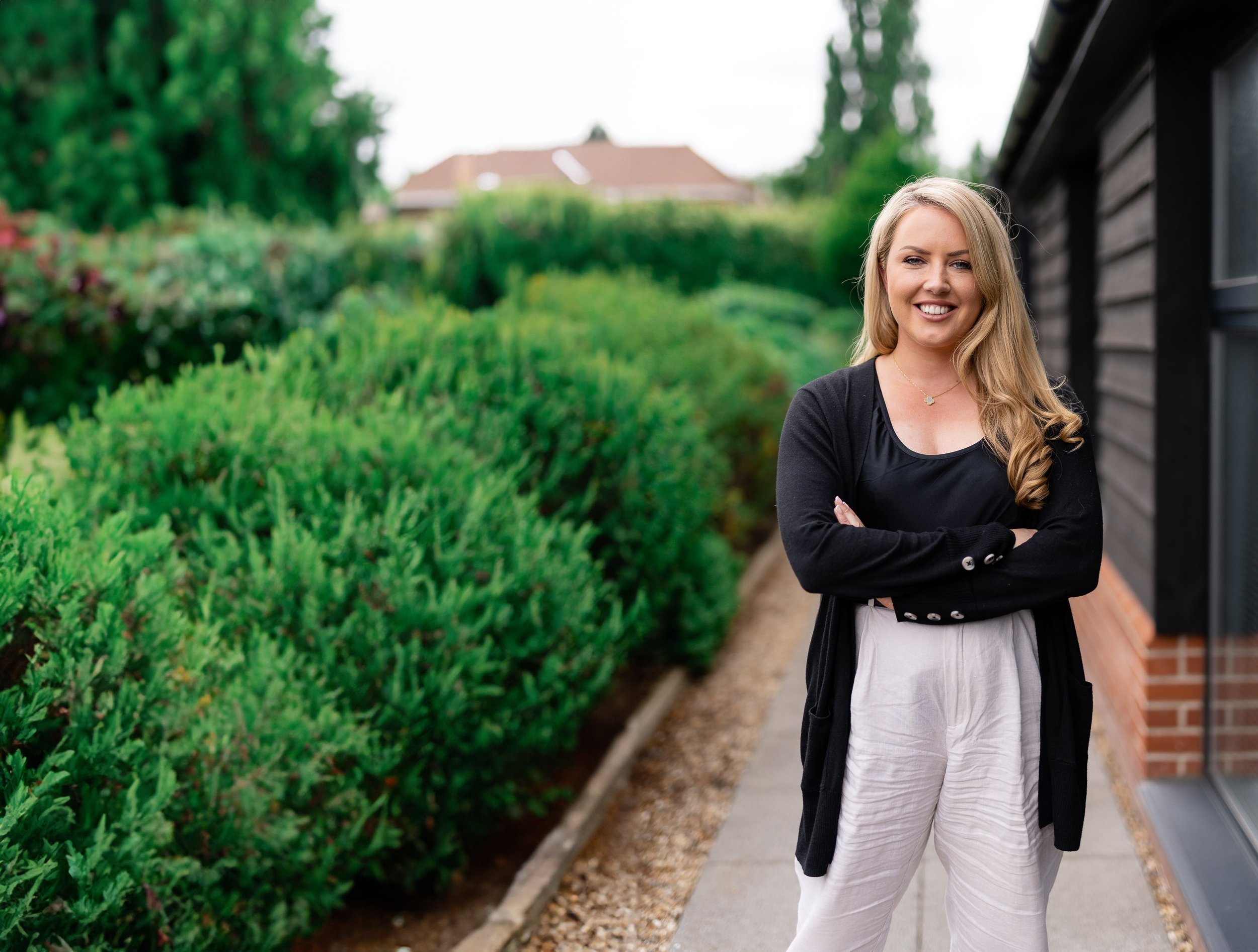‘Business and Babies’ has been founded by Grace Carter, a passionate female entrepreneur, who understands first-hand the challenges of balancing a business with motherhood.
Grace’s Story
Advocating for urgent change
The law has been written for male entrepreneurs; and while all the large corporates, banks, and governments are talking about the need to create investment pots for women to create better gender equity in entrepreneurship, no one is talking about the infrastructure also needed for these women to thrive.
I am going to change the law.
On the same day that this photo was taken - the day when my second daughter was born by cesarean section, and I received a blood transfusion shortly after - I received 4 emails as Managing Director of my own brand agency, Aphra.
The first email was from a part-time member of my team handing in her notice (not realising I was in surgery) as she needed a full-time job.
The second was a client breaking their 12-month contract half-way through as they’d hit cashflow issues.
The third was the outcome of a pitch we desperately needed to win in order to make enough sales the following month to hit payroll. We didn’t win it.
The fourth was a client refusing to pay his bills.
Except, as I had taken Statutory Maternity Pay for 6 months in order to cover the cost of my absence from my business (of which it barely touched the surface of the impact!), I was technically not allowed to do anything about this (aside from during 10 keeping-in-touch days).
However, if I did nothing, my business would also likely go under.
What was the alternative?
Or the alternative? I could have chosen to not take SMP, and be entitled to no money whatsoever. This meant I could work to solve the above problems (aside from the small matter of legally not being allowed to work for 2 weeks minimum after giving birth) and could ensure my business survived - but who would care for my new baby, and how would I cover the cost of this?
A nursery won’t usually take a child until they are 3 months old. I’d need to pay for a nanny. Not only a luxury, but something I cannot put through my business as a cost to the business (but I can have a cleaner, a personal assistant, go on golf days, out for expensive meals, and be driven by a chauffeur!). Yet the only reason I’d need a nanny is exclusively as a cost to the business for me to remain working in it.
The stress of all of this - plus the fact my business was already on rocky ground as a result of the (unspoken bias?) Managing Director being heavily pregnant - had a monumental impact on my mental health. I’d already suffered greatly from 4 miscarriages with absolutely no ability to take time off to recover (again, through the lack of infrastructure and support in place), and by the time I’d given birth, it became too much to cope with.
I had a mental health breakdown. I was diagnosed with chronic PTSD, depression, anxiety, and received daily calls from the crisis team to ensure the safety of my baby and I.
It broke me in a way no other experience has
The visiting health visitor said I needed to be referred to the critical mental health care team, and to start taking anti-depressants immediately. After 6.5 years of running my business through pandemics, miscarriages, child-births, and recessions - was this the straw that finally broke the camels back?
Nearly. Very, very nearly. For the first time ever.
And that should never have been the case.
I am determined that no other female entrepreneur should have to go through a similar experience. I know that I am not alone.
Institutions are pushing the narrative of ‘women should become entrepreneurs’ to promote a tick-box exercise of ‘empowerment’, and yet are failing to see the fundamental lack of infrastructure, resource, support, and awareness in place to actually empower these women to truly succeed in their ambitions.





